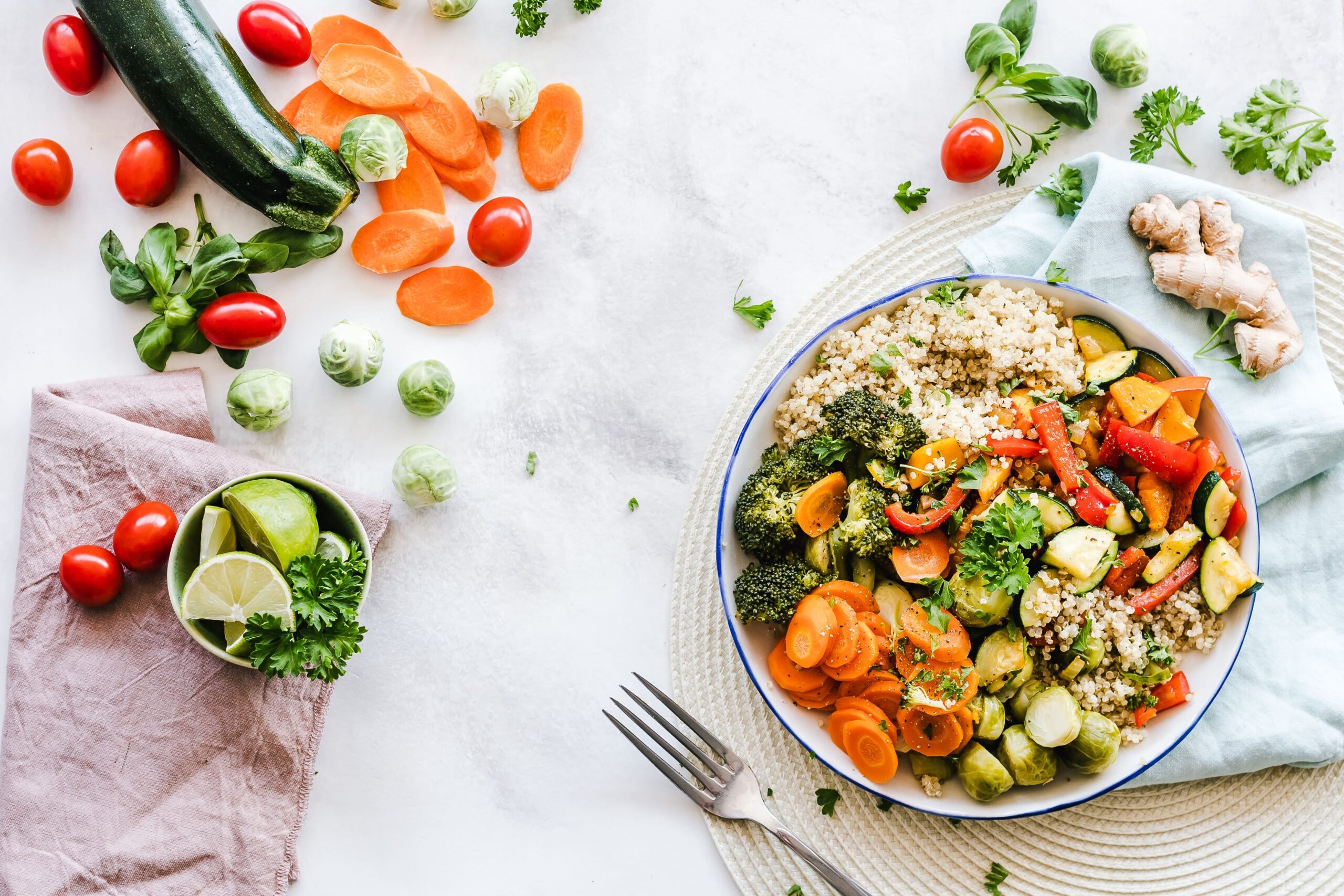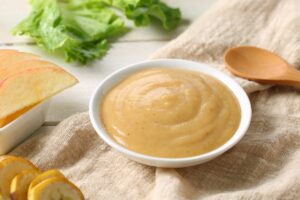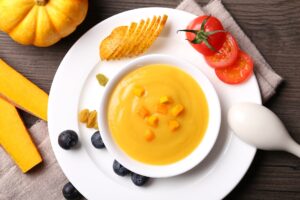Organic Baby Food Facts
- Published on:
- Last update: 09 October 2023

Facts About Organic Baby Food
When it comes to some foods, organic makes a lot of sense. Other times, it doesn’t. Our organic baby food guide can help you make informed choices.
The moment your baby starts eating solids, you become more conscious of where your food comes from and how it is prepared. In today’s economic climate, those on a limited budget and who isn’t? Can’t help but question: Is organic baby food worth the extra cost?
I am afraid that there is no clear answer to this question. There is no correct answer here. What you think is best for your family depends on what you think is right for you. To make this less confusing, we’ve compiled the facts and explained the controversies so you can decide how to spend your hard-earned money.
Generally, organic food is synonymous with food produced without the use of antibiotics, growth hormones, and most conventional pesticides. Fertilizers used by organic farmers are not made with synthetic ingredients or sewage sludge (yuck).
Moreover, irradiation (zapping food with radiation to kill bacteria and extend shelf life) and bioengineering (genetically altering plants to make them harder, among other things) are prohibited.
Is organic food more nutritious because of all these safeguards? This is up for debate.
Until more is known, the main reason to buy organic is to reduce exposure to pesticides, antibiotics, and synthetic hormones. The Environmental Working Group, a nonprofit organization that advocates for policies that protect health, says that pesticides have been linked, for example, to harmful effects on the nervous system and reproductive organs.
No matter whether the food is organic or not, it is vital that kids consume lots of whole grains, fruits, and vegetables. Include organic baby food for a well-balanced diet.
If you can’t afford organic food or if it’s not available, you don’t have to feel bad. Where do you go if you want to purchase some organic foods for your family?
We spoke to a few experts to determine which foods are worth the higher price and which ones aren’t.

Organic Food: What to Buy
Foods babies eat like baby food have potential contaminants that are not removed by cooking or processing, says Marlow. Purchase organic products whenever possible.
The feed of conventionally farmed animals is often laced with antibiotics and synthetic hormones that limit the spread of disease and promote growth. We may still consume meat that contains residue from these chemicals. The use of antibiotics in food production may contribute to the rise of antibiotic-resistant bacteria, according to some experts.
For milk, dairy cows are given growth hormones and antibiotics that are the same as those given for meat. According to the researchers, the chemicals can end up in the milk as well. Milk and dairy products made with milk have a higher fat content, which means greater levels of chemicals might be present – and toddlers drink a lot of whole milk.
Produce containing high levels of pesticide residue: Some products contain more pesticide residue than others. Fruits, such as apples, tend to be at the top of the list for pesticide use.
Also, apples, apple juice, and applesauce are among the foods that children ages 1 to 5 most commonly eat. To ensure you are buying organic versions of these fruits, you may want to consider buying organic products made from them. The same would apply to carrots and peaches.
These are the most pesticide-filled fruits and vegetables. Make sure you purchase organic versions of these:
- Strawberries
- Spinach
- Kale
- Nectarines
- Apples
- Grapes
- Peaches
- Cherries
- Pears
- Tomatoes
- Celery
- Potatoes
- Hot peppers
Don’t Worry If These Foods Aren’t Organic
The organic label doesn’t apply to packaged goods that contain high levels of fat, sugar, and salt.
There are exceptions to the rule, but in general, sometimes an inedible peel can be associated with low levels of pesticide residue. Produces without a peel or rind such as broccoli, cabbage, and tomatoes can also contain a low level of toxic residue.
You can buy conventional fruits and vegetables if you’re watching your budget because they have the lowest pesticide residue levels. To ensure quality and a reliable source of organic baby food, look no further than Yummy Valley.
Nevertheless, if they eat any of these foods daily, you may want to add them to your organic shopping list.

List of the Clean Food for babies
- Avocados
- Sweet corn
- Pineapples
- Frozen sweet peas
- Onions
- Papayas
- Eggplant
- Asparagus
- Kiwi
- Cabbage
- Cauliflower
- Cantaloupe
- Broccoli
- Mushrooms
- Honeydew melon
Where does it all leave us? Do whatever you can to provide your baby with organic foods, but don’t worry if you cannot. If she eats a variety of nutritious foods, you are doing an excellent job!
First-time solid food feeding for a baby is a big developmental step, but it also means adding another thing to your grocery list.
Especially since many babies can be fed simple, healthy, and inexpensive meals, you shouldn’t need to spend so much on baby food because you already have so many expenses as a new parent. The following are a few easy ways to save money on baby food.
Getting your baby to eat what the rest of your family does will save you money and time! Allowing your baby to consume the same foods as your family will help you accomplish this goal easily.
More importantly, the next thing that saved me money was recognizing that my son could safely eat my food. 10 months after starting my meal, I started pureeing any food with it, taking a small piece out before adding the seasoning.
It’s necessary to realize that your baby might not always be able to eat what you’re eating, especially if they have food allergies. When possible, however, it will save you both time and money if you eat with them.
The added benefit of the baby eating what you eat is that they will grow up to enjoy a larger variety of foods since they aren’t limited to just a few “organic baby foods”.
There are a lot of labels on food out there, so shopping for food can be confusing. As a consumer, you want to get the healthiest, most affordable food on the market, yet figuring out what is organic from what is all-natural can be confusing.
Similarly, as a parent, you want to feed your baby the healthiest, affordable food possible. The label-sifting process gets even worse for parents and shopping becomes more confusing as well.
Share this post:

